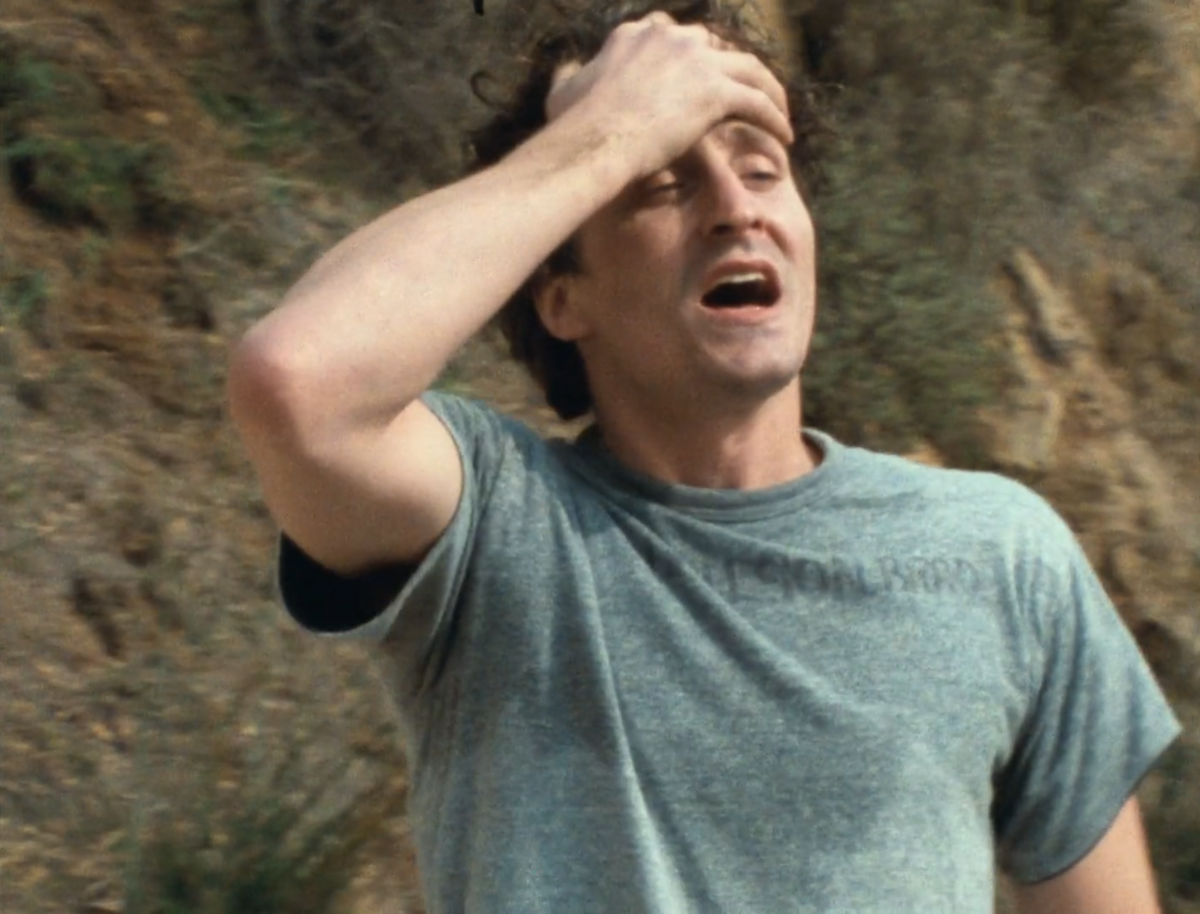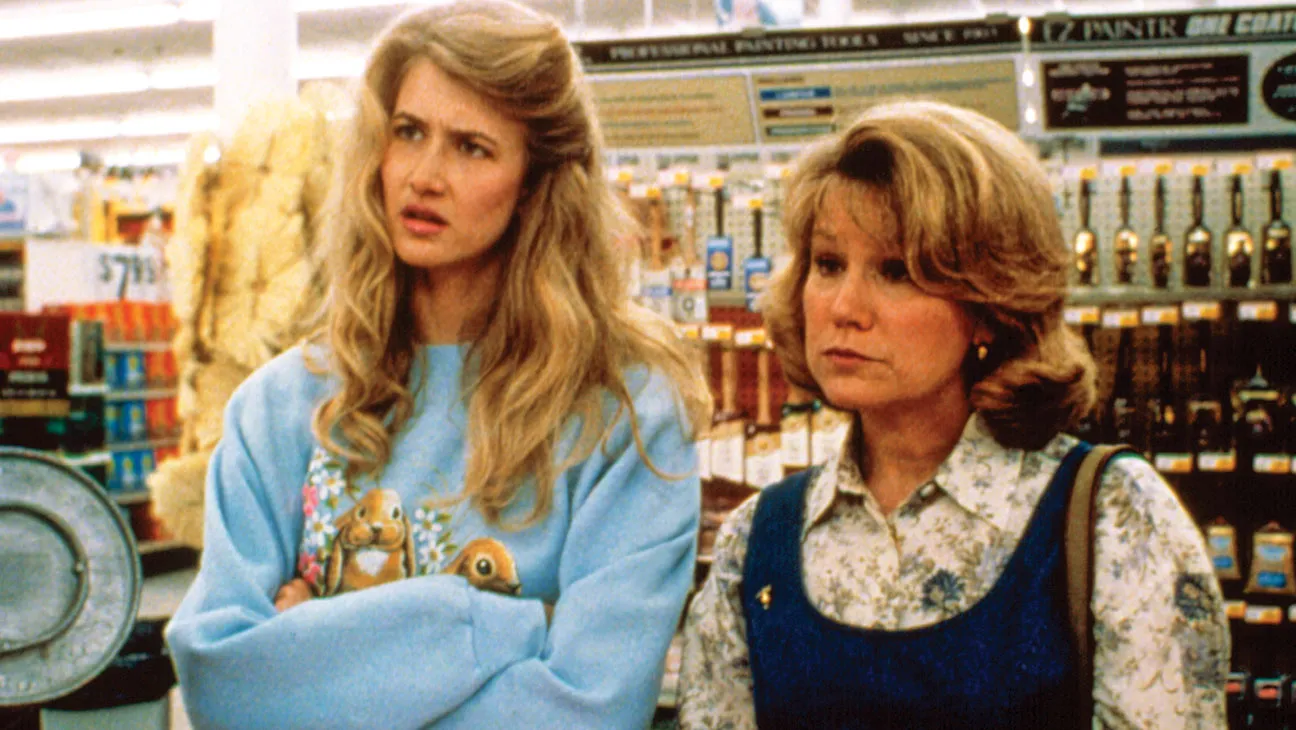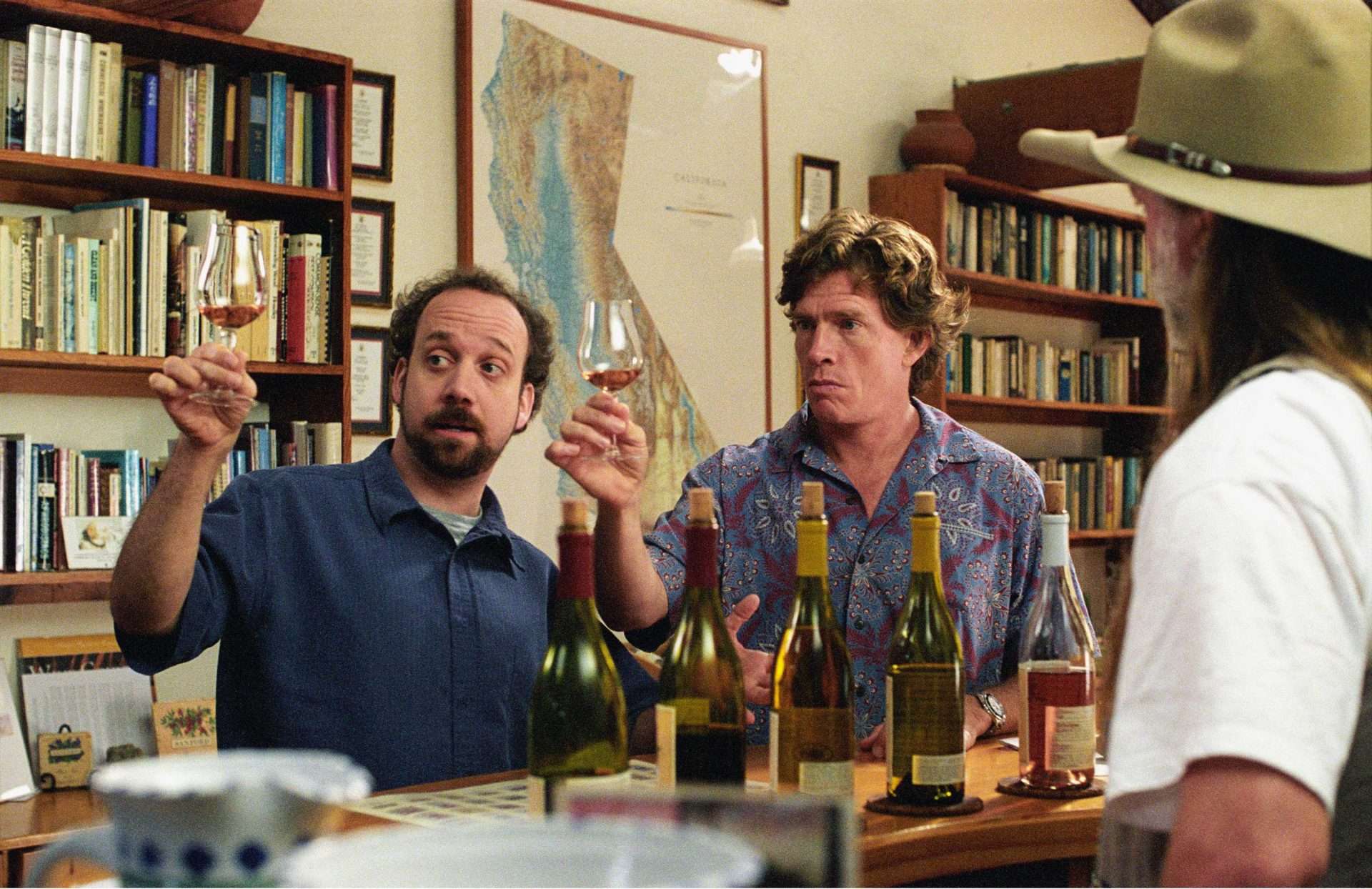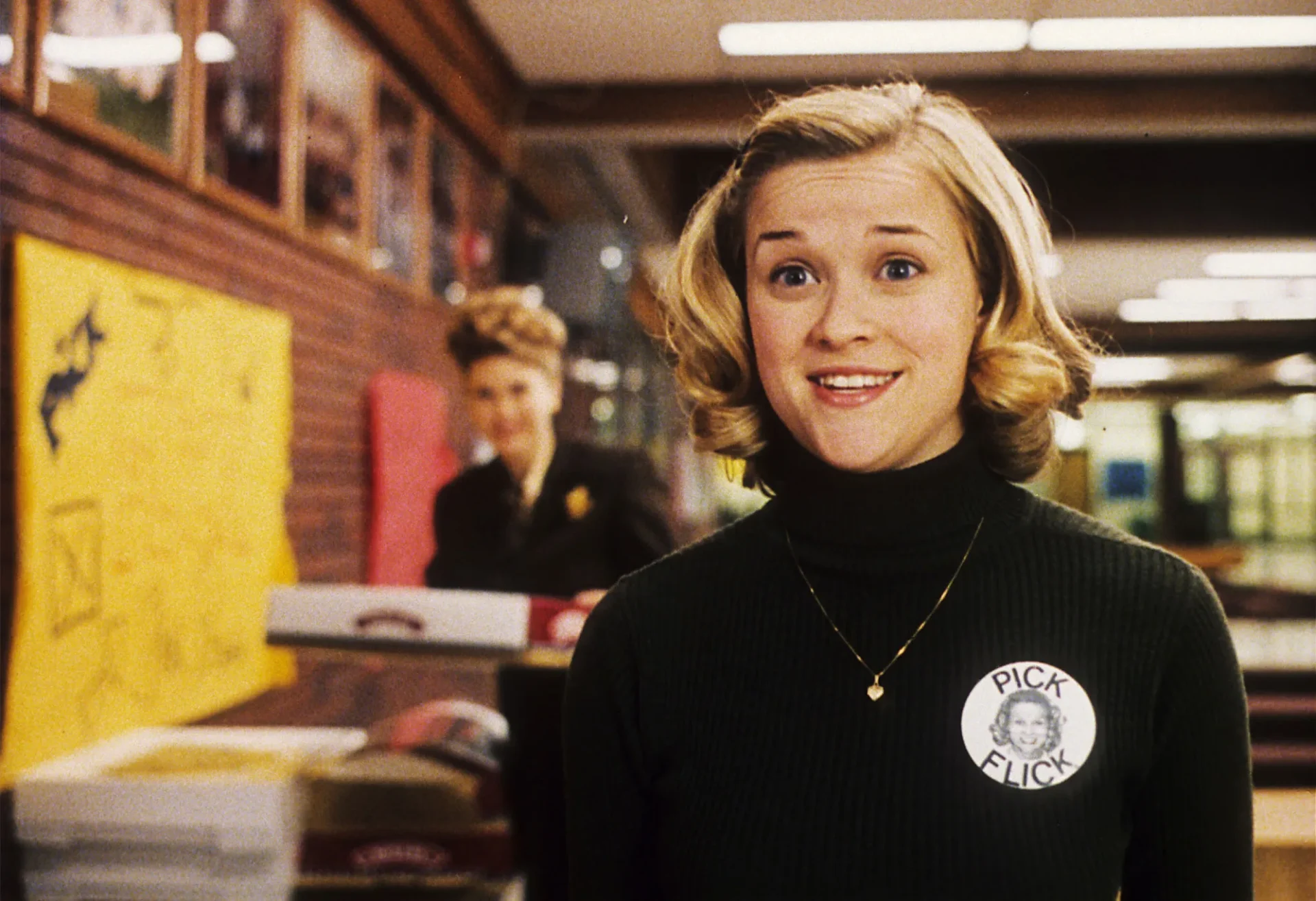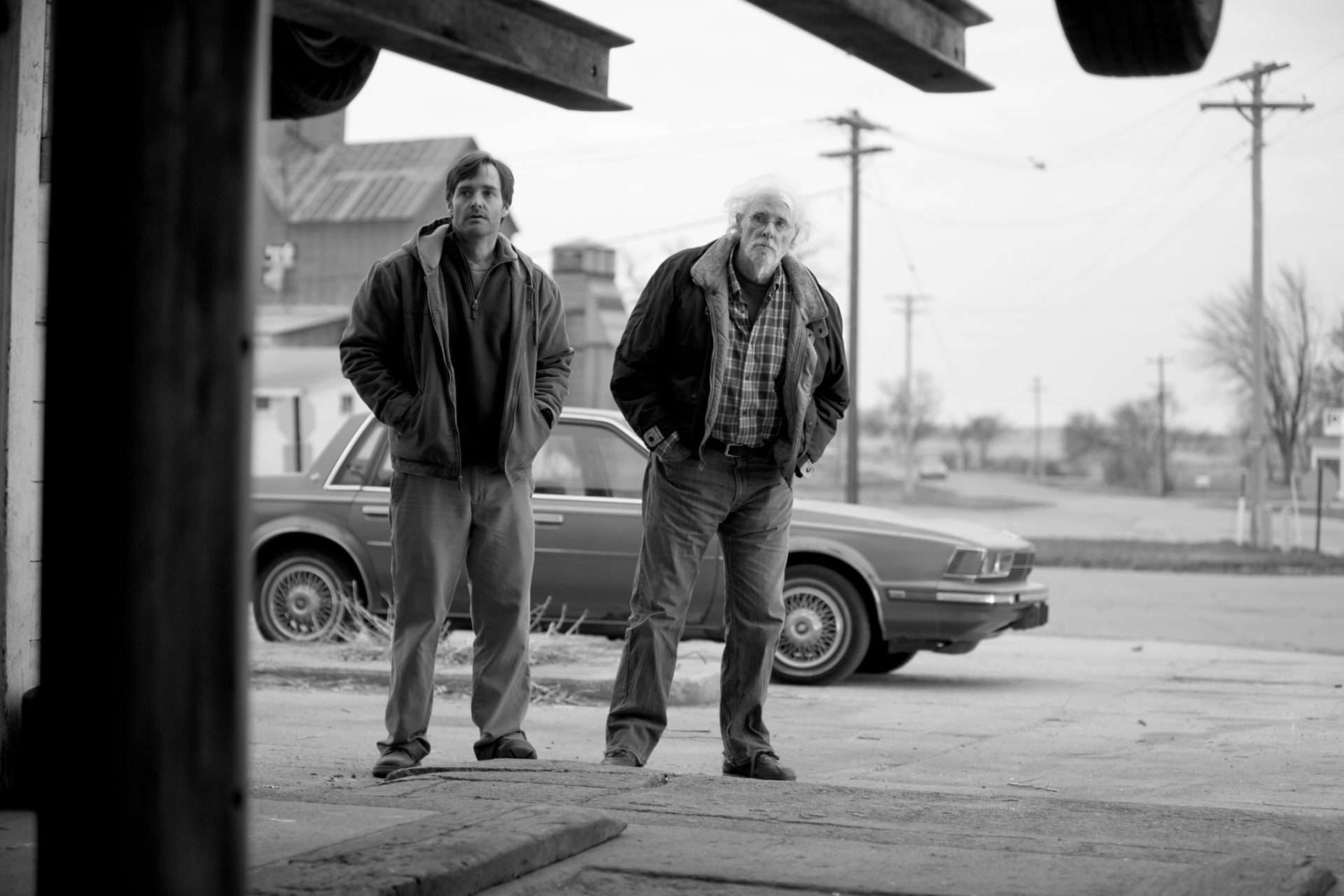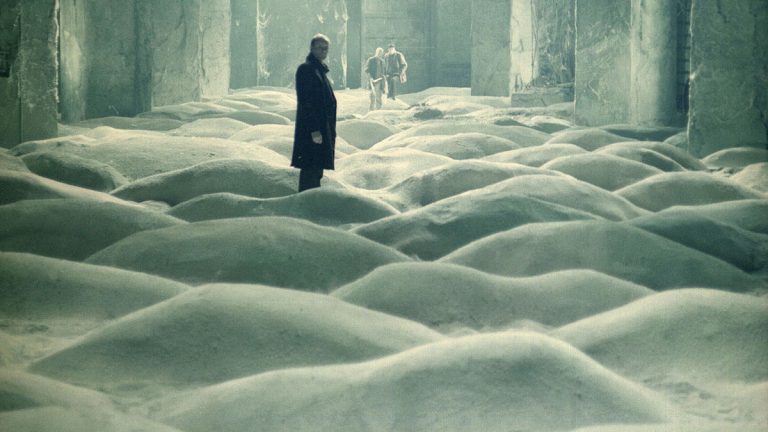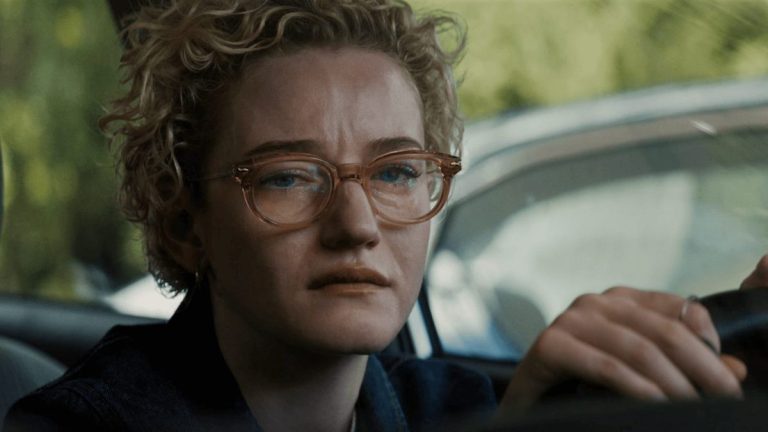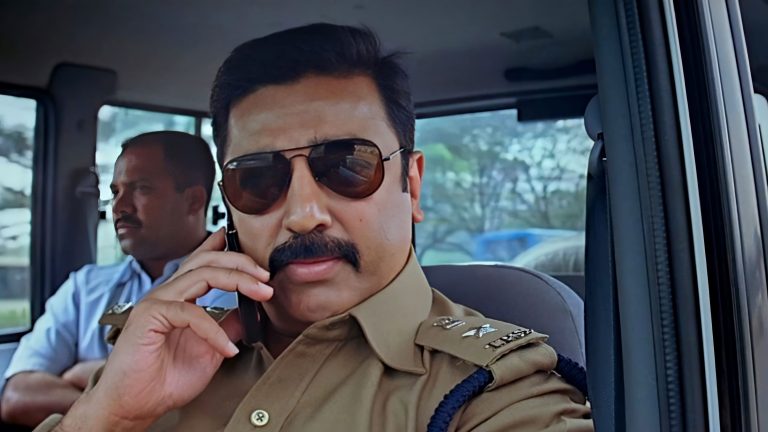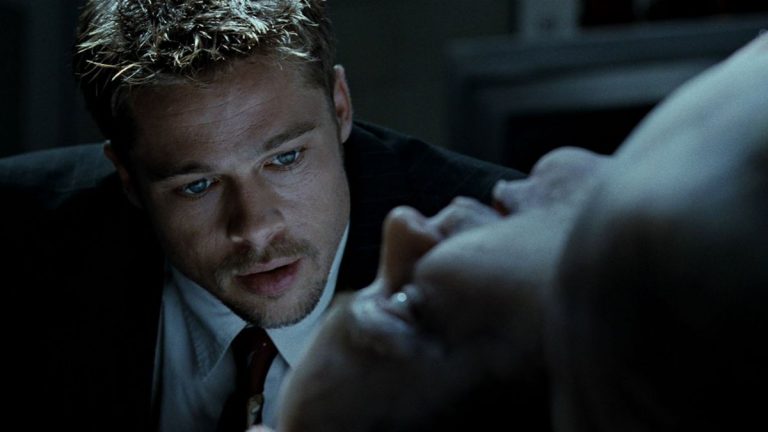One of 2023’s most unexpected but welcome surprises was the return of Alexander Payne. A festival (and Academy Awards) favorite throughout the 2000s, Payne was almost immediately established as a filmmaker with a superior command over the medium. Even his earliest films exude confidence through their effortless style and careful characterizations of middle-class middle-Americans going through life’s vicissitudes. They connected with audiences in a big way: there are no fights, guns, or explosions in mature human dramas like “Sideways,” “About Schmidt,” or “The Descendants,” but they all made over $100 million at the box office.
In today’s media landscape, such success seems unthinkable for films that are so purposefully lowkey. Still, by pulling on the star power of George Clooney and Jack Nicholson and buzz from festivals like Sundance, Payne was able to create an admirable body of work that had both commercial and critical appeal.
“The Holdovers” is an archetypal return to that format, a warm but bitterly funny tear-jerking comedy-drama that draws on career-best work from Paul Giamatti. The film is openly reverential of the 1970s, and Payne’s career at large is a throwback to those halcyon days of American filmmaking, when singular directors could be given big enough budgets to express themselves and genuinely make a buck in the process.
Whether you love or loathe his very white, accessible, festival-friendly style, there’s no denying we could do with more guys like him. In anticipation of the Oscars, where his work could receive further accolades, we turn an analytical eye to his entire filmography, from his student thesis film to his modern classics to his admirable failures.
9. Downsizing (2017)
A bad film by a great director is a fascinating beast, as you are able to view all of the director’s fascinations and stylistic ticks in a negative light. Downsizing sure is an Alexander Payne film – it’s got the same gentle humor and suburban ennui as his classics – but is nevertheless a pretty comprehensive failure in storytelling and eco-criticism. The premise seems novel enough, starring Matt Damon and Kristen Wiig as a workaday couple who choose to ‘downsize,’ i.e., become miniature versions of themselves. The plan is of both environmental and economic benefit, but once Damon arrives, he discovers his wife has cold feet and must encounter this new world on his own.
The film’s scope (if you’ll excuse the pun) is admirable, with the biggest budget of any Payne production to date. Still, the screenplay struggles to find a balance between sincere soapboxing about a sustainable future and the director’s usual comic shtick. The film’s bright spots, such as fun supporting roles for Christoph Waltz and Hong Chau, are soon overshadowed by platitudes and mixed messages. The best message movies tend to be forceful and direct, words that nobody would use to describe Downsizing’s ambling structure and awkward pacing. In a career filled with charming, likable comedy dramas, this 2017 outing was a rare misfire that already feels like a forgotten relic of clumsy Trump-era political cinema.
8. The Passion of Martin (1991)
I was initially hesitant to include a student thesis film in this ranking at first. After all, a director’s feature work in the industry is the result of a maturation and enhanced collaboration that a student film simply can’t possess. However, watching The Passion of Martin (which runs for a terse 50 minutes), I became somewhat taken with this angrier, youthful version of the filmmaker. It’s undoubtedly an Alexander Payne movie, with its depiction of stilted Middle America and breezy narration, but there’s something charmingly off-kilter at play here.
The movie follows the titular Martin, a photographer with pathological obsessions. We get a surprisingly harrowing whistle-stop tour through his childhood before he becomes obsessed with a local woman. The plot is more foreboding than Payne’s future films and carries a much more juvenile attitude, a juvenilia one could associate with immaturity but also a bountiful passion for the medium, which infects the filmmaking. Based on this thesis film, one could have easily imagined Payne as a more angular creative force such as Tarantino or Hal Hartley; his career changed paths soon after to much gentler explorations of the human condition, but this still exists as an involving debut.
7. Citizen Ruth (1996)
The layman would consider *this* to be the first Payne film, and it is certainly a more sophisticated and ambitious outing than The Passion of Martin. Citizen Ruth stars Laura Dern as a drug-addled n’er-do-well who inadvertently becomes the face of a national debate around abortion. It’s a touchy subject handled with a refreshing irreverence by Dern’s central performance; Ruth is not a conscious campaigner for either side of the debate, just a confused woman in the middle of it all being cynically exploited for political ends.
The film directs its ire towards pro-life and pro-choice campaigners, which is a sticking point for some when viewed in the contemporary climate of American politics. The film is certainly a very wishy-washy take on the subject, but I’m willing to defend its merits as an earnest attempt at progressivism. There’s no condescension towards Ruth (thankfully, as she is based on a real woman) and the decisions that she makes, and there is empathy and an appreciation for the value her personality can bring to society, even during her run-ins with the law. She is a person of value and is, therefore, somebody who should have bodily autonomy. It’s not a perfect statement on abortion, but if you want one of those, then maybe don’t go looking in ‘90s indie comedies.
6. About Schmidt (2002)
Late career Jack Nicholson performances were a mixed bag – for every The Departed, there was a Wolf or The Bucket List. There’s an ease to which this Hollywood icon was using his movie star charisma and the past associations audiences carry into his work to craft characters that were new, but ultimately all recognizable Jack. With that in mind, About Schmidt is the most nuanced, vulnerable character work Nicholson has produced this century. Whilst The Departed reflects his reputation as hedonist Lothario, in About Schmidt Payne creates a more authentic portrayal of a man entering his autumn years.
Schmidt is a recently retired white-collar worker facing disillusionment with his quiet, suburban life with his wife. Her sudden death acts as a motivation for Schmidt to get involved in his daughter’s marital affairs, colliding with a quirky supporting cast along the way (Kathy Bates being the highlight).
Also Read: 10 Criminally Underrated Best Picture Oscar Winners
There’s a sly, roguish charm to the relaxed direction and camerawork, proudly unremarkable and willing to act as a conduit for the performers and the suffocating suburban atmosphere. Beyond the hoards of empty, smiling faces is a world of unhappy people, but ultimately good people, the movie tells us. About Schmidt is hardly an attempt to reinvent the wheel, but there’s a reason why it was so successful – it is charming, engaging, and ultimately very sweet.
5. The Descendants (2011)
It’s easy to forget now that The Descendants was a pretty big hit 13 years ago. As I alluded to in the introduction of this article, adult dramas about real people with real difficulties are increasingly less likely to make $177 million worldwide, but this one did. Part of the pull was George Clooney, who delivers a humane performance that draws on his natural charisma to portray him as a caring and flawed father to two girls whilst his wife is on life support. Another part of the pull is the universal appeal of such a solidly crafted dramedy. It hits all the right beats, strikes all the right notes, makes you laugh, makes you cry – it’s hard to imagine anybody coming out of the theatre disappointed.
The movie works strongest as a reflection on human maturation and how that affects our relationships. Clooney’s wife was cheating on him before her accident, a fact that could form the basis of a much more forthright melodrama on others’ hands, but Payne’s Oscar-winning script (adapted from a novel) takes a less heated approach, suggesting a deeper understanding of how people’s desires and priorities shift with age. If you haven’t seen this since it came out, it’s probably worth another viewing for Clooney’s lauded performance alone.
4. The Holdovers (2023)
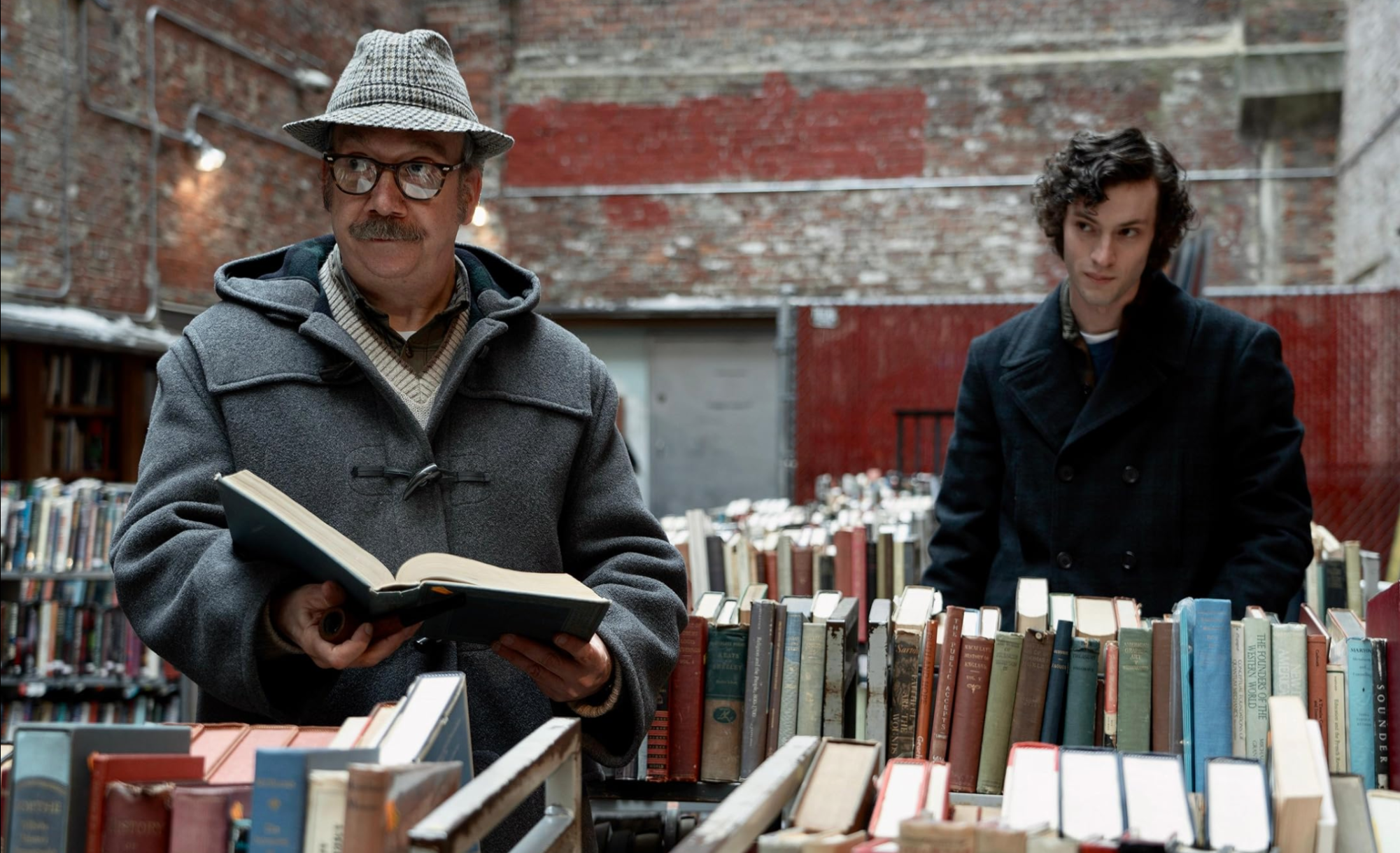
It is surprising that Payne is not a credited screenwriter on The Holdovers, considering how neatly it fits in with his written output. It’s another film about disillusioned, well-off white America, set in a New England boarding school in 1970 where Paul Giamatti’s cantankerous professor must take care of problem child Angus (brilliantly played by newcomer Dominic Sessa) over the Christmas holidays. Along the way, there are misadventures, both comic and tragic in nature, and an ultimately heartening understanding of the connections we forge with each other and how they help us through life’s bleakest moments.
There are certain characteristics that distinguish The Holdovers and perhaps explain why it has become Payne’s most beloved since work in over a decade. Da’Vine Joy Randolph’s supporting performance (bound to win her an Oscar next month) is certainly one. She plays the school’s cook whose life has been marred by the trauma of losing her son in Vietnam. Through her, we can trace the fundamental privilege that sets these characters apart, a rare sign of the acknowledgment of power structures in Payne’s filmography. Randolph sells the role with a sentimentality that never slips into the saccharine; you sympathize with her character but don’t look down on her. She and her co-stars are integral to the success of The Holdovers, a ‘’70s-inflected delight that has returned Payne back to the top of his game,
3. Sideways (2004)
Sideways is probably the signature Alexander Payne film. Unapologetically, it is a film about middle-class middle-Americans and their problems, centering on best friends with very different approaches to love and life. They’re traveling around California wine country before Jack (Thomas Haden Church) ties the knot, stumbling into quasi-relationships with two charming women, played by Virginia Madsen and Payne’s then-wife Sandra Oh.
The star of the show is Paul Giamatti, though, in his first collaboration with the director, who uses all his dramatic and comic chops to draw a devastatingly funny portrait of an artist in crisis. It takes tremendous skill on the parts of the screenwriters and the performer to make such a solipsistic individual into enjoyable company for over 2 hours.
The moving parts around Giamatti and Haden Church are a really pleasant smorgasbord of craftsmanship. There’s sunburnt cinematography, careful editing, and an undeniable sense of lifestyle porn for those of us who like a glass of red from time to time. Many movies since (see the suspiciously similar Amy Poehler vehicle Wine Country) have aimed for the easygoing charm and endearing pomposity that Sideways perfected and failed to recapture this blend of hangout relaxation and genuine self-discovery. It’s a perfect movie for a quiet Sunday afternoon or perhaps the evening with a glass of wine. It is a seminal film for both Payne and Giamatti’s careers, and still a lot of fun to this day.
2. Election (1999)
Co-produced by MTV and starring flavor of the moment Reese Witherspoon, Election is probably Payne’s most widely seen movie as it was assimilated into the wave of snarky high school comedies of the late 1990s with relative ease. Witherspoon stars as Tracy Flick, a precociously political high school student who gets under the skin of mild-mannered Mr. McAllister, played by Matthew Broderick (never more convincing). The film excels on two parallel levels – the perfect interrogation of petty high school ecosystems and a larger analogy for the political system’s corruption in the age of Clinton. But it doesn’t head too far in either direction and never becomes overly cutesy or didactic in its political messaging, leading to a pretty perfect example of teen comedy done right.
Election is also a great watch to this day because, compared to modern comedy films, it looks so fantastic. In 2024, it’s easy to imagine such a seemingly lightweight, mid-budget project going straight to Netflix shot on digital. Still, in 1998, we’re in the dying days of films of all genres being a craft for those who felt passionately about visual storytelling and making each frame look interesting. There’s care put towards blocking and lighting, and Payne’s typical knack for pacing and structuring a story that keeps things brisk whilst developing sharp character dynamics is reaching its peak here. This was the start of his imperial phase, where Oscar nominations would become the norm, and his name would become synonymous with quality.
1. Nebraska (2013)
“Nebraska” is Payne’s most personal and endearing film: a classic road trip movie, a beautifully textured character study, and a heartening late-career showcase for Bruce Dern and June Squibb. The film is a poignant exploration of aging and the pursuit of dreams, the black-and-white photography giving it a paradoxically authentic sheen.
Bruce Dern and Squibb are wonderfully understated, as is Will Forte, the straight man who must accompany his father on a cross-country trip to claim a lottery ticket. They’re on the road to Nebraska, Payne’s home state, which he describes with a charming degree of pride in interviews. The homespun atmosphere is what makes this unique among his filmography: this isn’t some vague vision of Middle America; it is an identifiable location photographed with love.
As with all the great road movies, there’s more to the journey in Nebraska than just the miles traveled. Dern’s performance is a strong evocation of how the passage of time changes a person. We get suggestions through his relationship with his son of the man he used to be and a detailed portrait of who he has grown into. It’s the most unique insight Payne has ever brought into the human condition whilst still retaining the dry humor that has defined his output. For those won over by The Holdovers this year, new converts should look no further than Nebraska, an underrated modern classic of American cinema.


